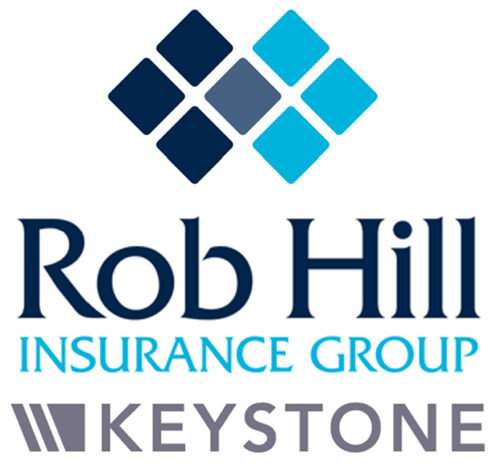There’s no doubt that being in an auto accident is scary. After the crash, you might wonder what to expect during the claims process and how long it will be before you receive a settlement offer. The truth? There’s no real timeline as to when this happens. Frankly, it’s all up to the insurance adjuster to handle your case based on the factors involved. Our team at the Rob Hill Insurance Group has put together a few pieces of information to help Atlanta, GA drivers. Here’s what you need to know.
General Georgia Laws
While there is no set timeline to follow, there are certain guidelines set forth by the state government. According to Georgia law, accidents with injuries or death must be reported to law enforcement within twenty-four hours.
Your policy usually dictates how long you have to contact your insurance company. Most insurers state that the process must happen promptly, which means as soon as you’re safe and able to make the phone call to explain what happened.
But then there’s the state statute of limitations to consider. To file a lawsuit with injuries, the auto accident case must be made within two years. For property damage, the statute of limitations to file suit is four years. You obviously want to give your insurance company plenty of time to investigate what happened, so make sure you aren’t waiting until only a few days or weeks before this time period runs out to file a claim.
Complicated Claims Take Longer
One of the most important things to remember is that complicated claims take longer to investigate than simple parking lot fender benders. If there are medical bills involved, it may take weeks or years for the injured person to receive care, which means that the investigation and settlement processes can take an extended period of time. During that time, your insurance adjuster will investigate the accident’s facts and determine who is responsible for causing it.
Of course, this is just the tip of the iceberg for auto insurance and filing a claim. Our team at Rob Hill Insurance Group in Atlanta, GA would love to discuss the process with you. Please contact us today to schedule an appointment.


